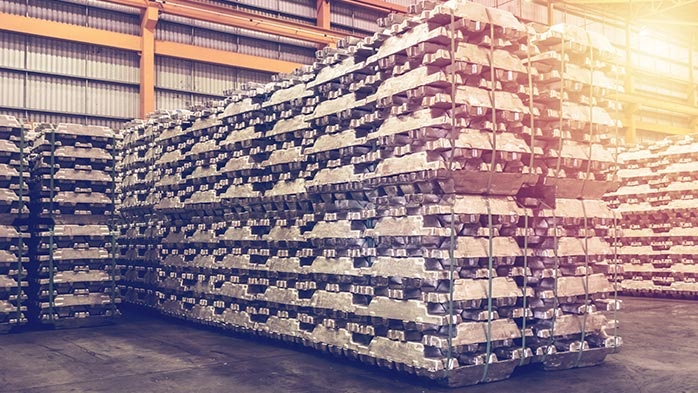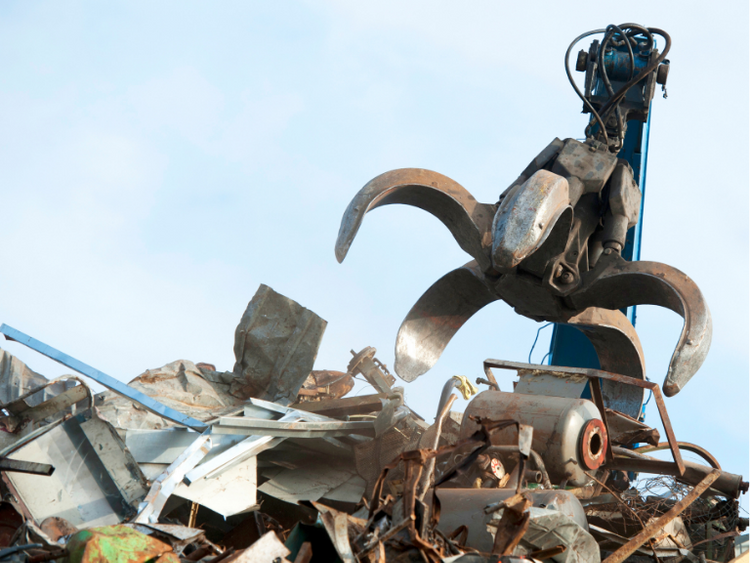Market

May 14, 2024
Leibowitz: Trade wars and tariffs - Navigating the battle for votes amidst global market turmoil
Written by Lewis Leibowitz
The fight for voters in seven “swing states” creates a strong incentive to outdo the idiocy of the other side with greater idiocies of your own side. Trade restrictions have many purposes in the U.S., but politics plays an outsize role.
Trade provides an important example of using policy to earn (or buy) votes, but it is certainly not the only one. This week, the Biden administration announced tariffs of 100% (in trade circles, this is essentially the equivalent of a prohibition on imports) on Chinese-origin electric vehicles (EVs).
The European Union is also investigating whether Chinese subsidies are artificially reducing the prices of Chinese exports. The EU may impose trade remedy tariffs at the conclusion of their investigation.
The EV problem is not simple. The causes of China’s recent export explosion are complex. China’s growth rate has slowed, in part because the construction boom there has become a spectacular bust. Tens of millions of workers are now employed in manufacturing because of massive industrialization in the last 40+ years, much of which was housing and industrial construction.
With the construction boom having played out, China’s leadership is faced with the problem of keeping the manufacturing labor force employed. Sending them back to the countryside to practice subsistence farming (the occupation of most Chinese for the previous 3,000 years) is not feasible so new markets, both inside and outside China, must be found for the products they make.
China has examined the needs and desires of the rest of the world. EVs, TikTok, steel, aluminum, copper and many other products are the result. China’s exports threaten to overwhelm traditional Western markets in those areas the Chinese have targeted.
Will tariffs on Chinese exports, even at 100% announced on May 14, solve this problem? The answer is clearly no.
If the nations competing with China were successful at containing or even eliminating China’s exports of industrial goods, China would need to rely on vastly expanding its domestic markets to keep all those workers working. But that also would not be enough.
Tariffs don’t work very well, or for very long, because traders and manufacturers know how to get around them. If Chinese EVs are taxed at 100% by the U.S., there will be other countries that welcome those EVs.
Chinese EVs, for many reasons — not just because of subsidies — are much cheaper than U.S. models, and their quality is, by most reviews, very high. The Chinese can, and will, open factories in foreign countries to get around any tariff that singles out EVs made in China.
Perhaps some might suggest an even more draconian policy. How about a naval blockade of China’s commercial exports? I mention that, not because it is practical or even sane, but because it shows that these trade fights can rapidly get out of hand, as evidenced by the last eight years, among other things.
A few members of Congress have introduced legislation to put 100% tariffs on any EVs made anywhere if the factory is Chinese-owned. How will that work out? It won’t — very easy to get around. The Trump proposal to put 10% tariffs on everything would actually be less disruptive at home and around the world than a bunch of embargoes.
If 100% tariffs won’t work to defeat China’s export drive, what will? Perhaps capitalism will help.
China’s EVs are cheap because of a combination of factors: lower raw material costs, worker productivity, a weak currency, low wages, theft of intellectual property, etc. Some of these are legitimate, some clearly not. I have seen many analyses of how important each of these factors in China’s competitiveness, but few, if any, are truly unbiased. I hear self-interested axes grinding everywhere.
Capitalism was a key catalyst in Western dominance over commerce. Capitalism creates demand and then expands it. Capitalism reduces costs. The CEO of Stellantis, Carlos Taveras, announced in February his view that EVs will be competitive if producers do that capitalist thing and drive costs down. Stellantis is developing global frames that can be used to make internal combustion, hybrid, and all-electric vehicles interchangeably. The company aims to meet demand for vehicles of whatever type.
This won’t be enough to eliminate Chinese competition in the EV market, but it will help. And other, larger companies can develop this and other ideas to meet the realities of the market. If they don’t, will we really be able to say (as if we ever really could) that “on a level playing field, we can out-compete anyone.” We can’t, because it won’t always be true. But if we do more of what we do best, as Mr. Taveras argues, the results will be beneficial.
If government protects domestic producers, we need to make sure we get value for our investment.
Editor’s note: The views, thoughts, and opinions expressed in the content above belong solely to the author and do not necessarily reflect the opinions and beliefs of Recycled Metals Update or its parent company, CRU Group.





